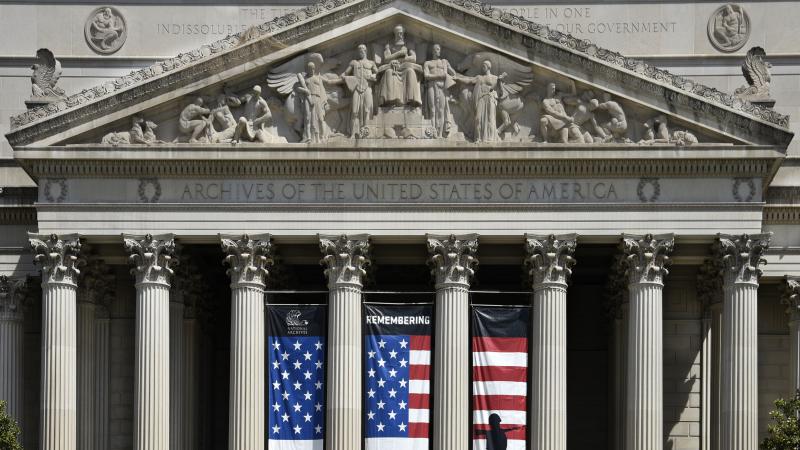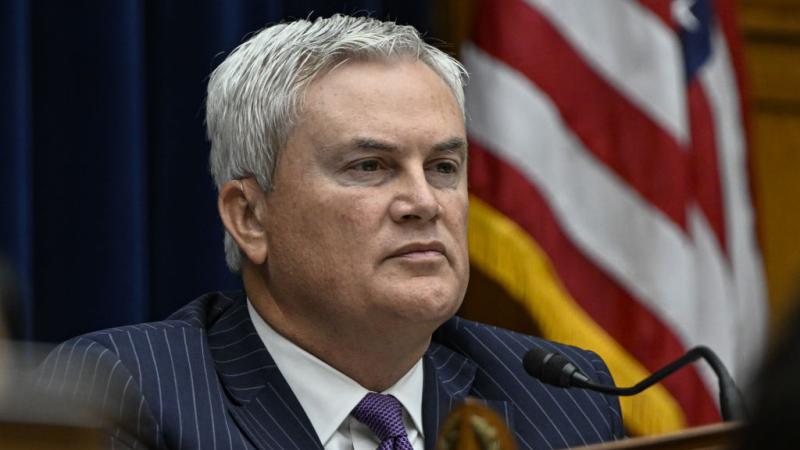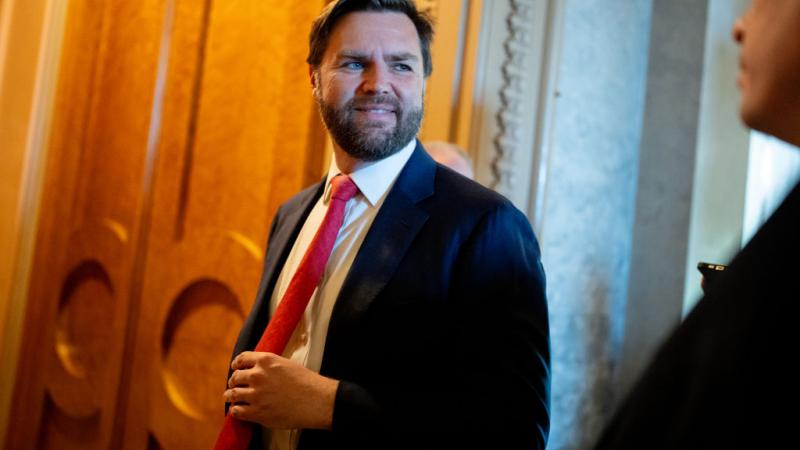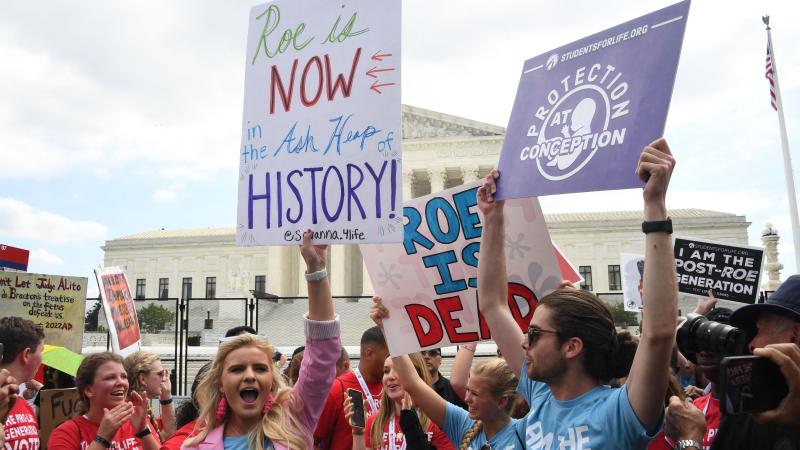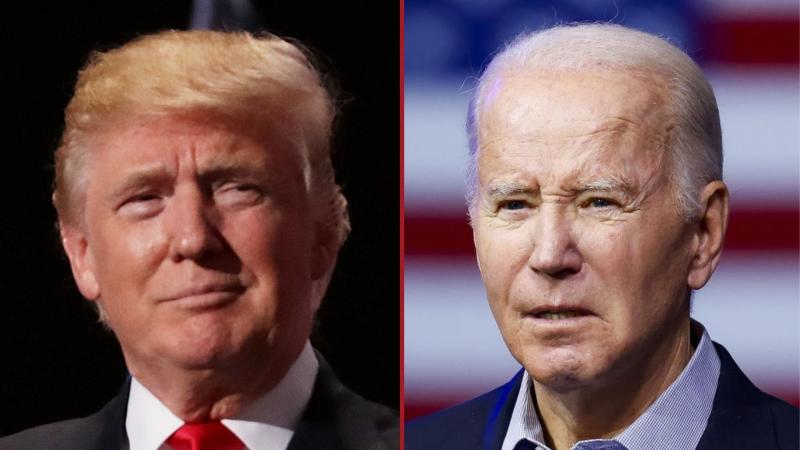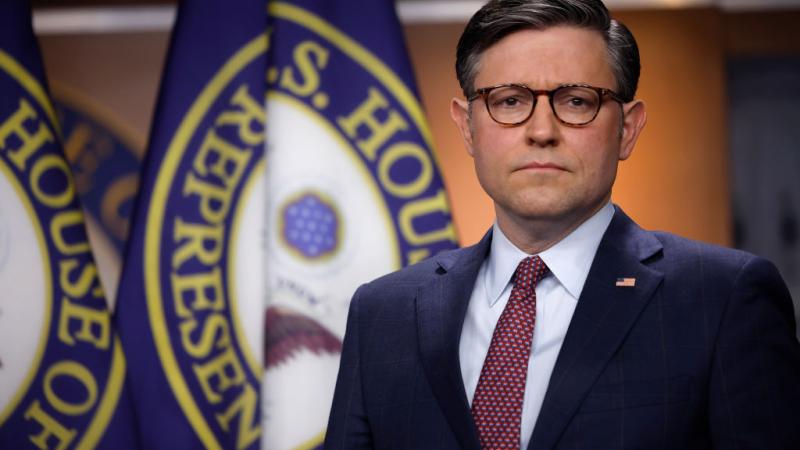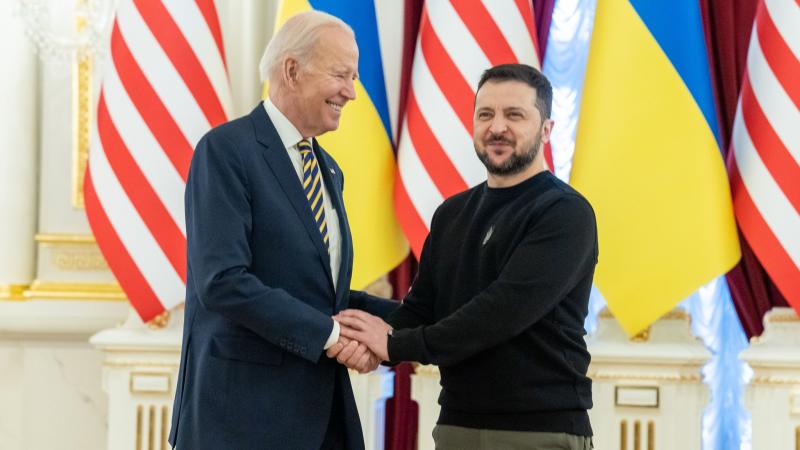Liberal think tank took $2M from Qatar while its future president pressed White House for Doha
General John Allen had detailed contacts with National Security Advisor H.R. McMaster during diplomatic crisis affecting Qatar.
The Brookings Institution, one of the most influential think tanks in Washington, reported receiving $2 million from Qatar during the same period one of its leaders was advocating for Qatar with the White House.
Just the News obtained June 2017 emails between retired U.S. Marine Corps Gen. John Allen, who led a Brookings program at the time, and then-National Security Advisor H.R. McMaster.
They show Allen, the former commander of the NATO International Security Assistance Force, requesting that McMaster take specific actions beneficial to Qatar. The national security advisor later responds that he has taken some of those actions.
Days before the email exchanges, Saudi Arabia closed its land border with Qatar and imposed an air and sea blockade along with other Gulf states, accusing the emirate of supporting terrorism. They also demanded Qatar distance itself from Iran and give up its prized Al Jazeera television network.
Brookings' annual report for 2017 says the Qatari money was given during the period July 1, 2016 to June 30, 2017. The report notes that the liberal think tank operates a research center in Qatar.
Four months after the emails to McMaster advocating for Qatar, Brookings named Allen its next president.
Allen's name does not return any listings as a current or former foreign lobbyist in the Justice Department's database of registrants under the Foreign Agents Registration Act.
Just the News asked Allen who he was working on behalf of in his exchanges with McMaster, whether he registered under FARA, if he's had any contact with the Justice Department or FBI related to his Qatar contacts, if Allen personally received money from Qatar, whether he was aware Qatar had donated money to Brookings when he contacted McMaster, whether Brookings played a role in his advocacy for Qatar, and if he's concerned about the appearance that Qatar paid for his access to McMaster.
He did not respond to queries to his personal and Brookings email addresses, calls to his cell phone, or emails to his personal spokesperson Beau Phillips.
"John Allen has not engaged in any fundraising for Brookings in Qatar, and the institution has never received a contribution from Qatar or any Qatari entities or individuals in connection with John Allen's activities," a spokesperson for Brookings told Just the News. The spokesperson did not answer a request to provide the specific date or dates of the $2 million in donations from Qatar disclosed in its annual report.
McMaster did not respond to a query to Stanford University's Freeman Spogli Institute for International Studies, where he's a visiting fellow, about what role he believed Allen was playing and how Allen's advocacy shaped McMaster's actions. The Embassy of Qatar did not respond to a query about the purpose of its $2 million in donations to Brookings and the date or dates they were made.
Allen used his Brookings email address in messages with McMaster. Some of them included other National Security Council staff.
"To the point of this note, please … [sic] as you all may have heard yesterday in the holding room, and as you may know, I've been close to the Qataris for a long time and to that extent, I have their trust at several levels and among a number of the key leaders," Allen wrote to McMaster and two staffers June 9.
The Qataris have "asked me to shoot out to Doha [the capital] over the weekend to discuss their situation," Allen wrote. "I'll leave tonight and will report fully to you on the outbound leg" in the next few days. Allen asked McMaster to provide the "background info" the national security advisor had mentioned.
President Trump's offer to solve the diplomatic crisis through mediation was "masterful," Allen continued. "I told the Qs they need to seize on this opportunity very quickly as [Trump] has thrown the Qataris a lifeline in this crisis," which they must accept in order to reach "equal status with 'the other side'" and avoid "further negative measures/actions."
The White House should also "encourage" the emir of Kuwait to take a leading role before President Trump steps in. But the Qataris need "short term" help, Allen said.
The closure of airspace and border places Qatar "'under siege' … their term," he wrote. The Qataris are asking for a "follow-on signal" from the White House or State Department, to the effect of "calling on all sides to seek a peaceful resolution to this crisis," Allen relayed, noting they specifically asked the U.S. to use the words "act with restraint" in the statement.
If the Kuwaitis are successful, Allen suggested, "I'd assume we'd quietly ask the Saudi/Emirati side to open the border/lift the airspace restrictions as an act of good will and good faith" to Trump, letting the Qatari emir travel to the "final mediation."
McMaster emailed Allen two days later. "I hope that what we provided to you was useful," he wrote in a sentence that is cut off in the email image obtained by Just the News.
"We received the message and have sent private communications that calls [sic] for restraint [image cuts off sentence] to the crisis/relaxation of the blockade," the national security advisor wrote. "I look forward to hearing your advice."
Allen responded a few hours later that he "never received anything" from McMaster's staff, and that he had not heard back from Dina Powell, the deputy national security advisor. McMaster suggested they schedule a call. "Thanks, Brother!" Allen responded June 12.
The same day, Allen thanked Imaad Zuberi, the convicted Democratic fundraiser who claims he was a CIA asset, for his "leadership" in "facilitating what I think were very important talks with the Qataris." In an email from his personal account, Allen said he had "great respect for what [Zuberi is] doing" for the U.S.
In a June 16 email, Allen thanked McMaster for talking to him on the phone the previous evening. He mentioned having met with the Qatari emir's brother Sheikh Mohammed bin Hamad bin Khalifa Al Thani, "an extraordinarily gifted young man" who was in charge of the Qatari response.
The Qatari foreign minister and emir's brother want a meeting the following week with McMaster, Allen wrote. If McMaster can spare 45 minutes, "you'll be impressed with the seriousness and dedication Qatar is prepared to exert" in resolving the crisis.
That afternoon, Allen relayed this conversation to Zuberi, former Qatari diplomat and investor Ahmed Al-Rumaihi, and "Richard Olson," possibly referring to the U.S. ambassador who had recently retired and reportedly joined Allen on the trip to Doha. "I will advise immediately when I learn anything," Allen told them from his personal email account.
When Zuberi and Al-Rumaihi suggested Allen attend the meeting with the Qataris, Allen said the meeting "will never happen" if he attends. He can instead get "a read out" from McMaster and subsequently meet with the Qataris. "We should shift this conversation to WhatsApp," Allen wrote June 18.
He had disappointing news to share with Zuberi and Olson June 26. McMaster gave Allen a "very respectful note" that the national security advisor would not meet with the Qataris on their U.S. visit, instead leaving that meeting to Secretary of State Rex Tillerson, Allen wrote from his Brookings email.
The issue of think tanks' involvement in foreign lobbying or pressure campaigns surfaced in the Hunter Biden-Burisma scandal when documents unearthed by Just the News last year in an open-records lawsuit revealed that John Herbst, a former ambassador working for the Atlantic Council, had made contacts with State Department officials in fall 2016 concerning Burisma. At the time, State officials considered the Ukrainian company that had hired Hunter Biden to be corrupt, and officials there viewed Herbst's efforts as part of a public relations campaign to burnish Burisma's image with the U.S. government.
Shortly after Herbst's intervention with officials in the U.S. embassy in Kiev, including senior official George Kent, Burisma made a large donation to the American think tank, the memos show.
"George, I wanted you to know before it becomes public that the Atlantic Council decided to accept support for its program from Burisma," Herbst wrote Kent in January 2017 shortly before President Trump took office. "We looked at the matter closely and waited for over a month. Information provided to us by the Cravath lawyer for Burisma in the London case was an important factor, although some uneasiness remains."
Kent, then the No. 2 official in the embassy, forwarded Herbst's email to the U.S. ambassador, Marie Yovanovitch, as an "FYI," suggesting to the ambassador that the Atlantic Council had simply been part of the Democrat-led firm Blue Star's lobbying campaign for Burisma, emails obtained by Just the News show.
"The Blue Star duo, Karen and Sally, are on the Atlantic Council roster, and are the probable pushers of this," Kent wrote. "John had come to the old DCR on a trip last fall before I moved and talked through the whole Burisma/Zlochevsky nexus. At the time, he made no mention of this as a possibility."

